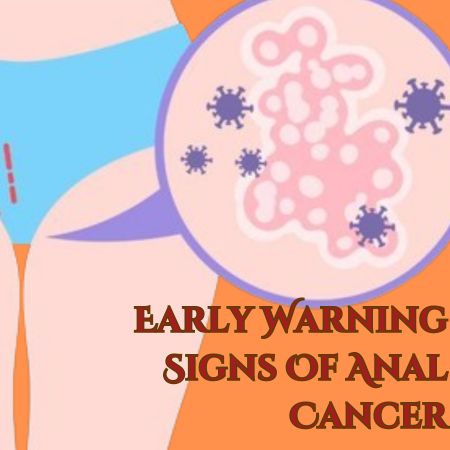When to Seek Medical Attention
Remember, early detection plays a vital role in improving treatment outcomes and overall prognosis. Don’t hesitate or feel embarrassed to discuss these symptoms with a healthcare professional. They are trained to handle such conversations with empathy and understanding.
Diagnosis and Treatment Options
If you consult a healthcare provider with concerns regarding anal cancer, they will likely perform a thorough examination, which may include a physical examination of the anus and rectum. They may also recommend additional tests to confirm the diagnosis and determine the stage of the cancer. These tests can include:
- Anal Pap smear: Similar to a cervical Pap smear, this test involves collecting cells from the anus for analysis.
- Biopsy: A small sample of tissue is taken from the affected area and examined under a microscope to check for cancer cells.
- Imaging tests: X-rays, CT scans, or MRI scans may be conducted to assess the extent of the cancer and identify potential metastasis.
Once a diagnosis is confirmed, the healthcare provider will discuss the appropriate treatment options. The treatment plan will depend on the stage of the cancer, the individual’s overall health, and other factors. Treatment options for anal cancer may include:
- Surgery: Surgical procedures aim to remove the cancerous tissues. This can involve a local excision, wide local excision, or even removal of the anus and nearby lymph nodes in more advanced cases.
- Radiation therapy: High-energy radiation is used to target and destroy cancer cells. It can be administered externally or internally, known as brachytherapy.
- Chemotherapy: Medications are used to kill cancer cells or prevent them from multiplying. Chemotherapy can be used alone or in combination with radiation therapy.



